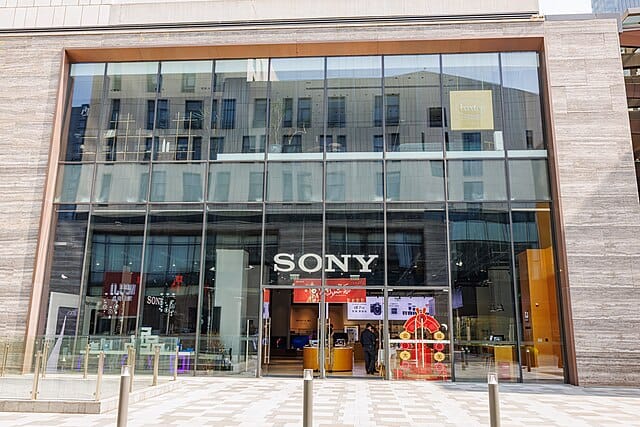Sony Takes Legal Action Against Tencent Over Alleged Horizon Zero Dawn Clone
Sony Interactive Entertainment has filed a lawsuit against Chinese gaming giant Tencent, alleging that the company's mobile game "Light of Motiram" constitutes a "shameless knock-off" of Sony's acclaimed PlayStation exclusive "Horizon Zero Dawn." The legal battle highlights growing tensions over intellectual property rights in the global gaming industry, particularly as mobile gaming continues to dominate markets worldwide.
The Controversy Behind Light of Motiram
Tencent's "Light of Motiram," developed by Polaris Quest and published under Tencent's umbrella, bears striking similarities to Sony's Horizon franchise. Both games feature:
- Post-apocalyptic worlds dominated by robotic creatures
- Female protagonists wielding primitive weapons against mechanical beasts
- Similar art styles and visual aesthetics
- Comparable gameplay mechanics involving hunting and survival elements
Sony's lawsuit, filed in a California federal court, claims that Tencent deliberately copied key elements of Horizon Zero Dawn's distinctive visual design, character concepts, and core gameplay mechanics. The company argues that these similarities go far beyond mere inspiration, constituting direct infringement of their intellectual property rights.
Tencent's Mobile Gaming Strategy Under Scrutiny
This legal challenge comes at a time when Tencent has been aggressively expanding its mobile gaming portfolio globally. The Chinese conglomerate, known for titles like "Honor of Kings" and "PUBG Mobile," has increasingly focused on adapting popular console and PC game concepts for mobile platforms.
Industry analysts note that Tencent's strategy often involves creating mobile versions of successful games from other platforms, sometimes walking a fine line between inspiration and imitation. Light of Motiram represents one of their most ambitious attempts to capture the essence of a major console exclusive for mobile audiences.
The game was initially announced for release in multiple markets, including North America and Europe, suggesting Tencent's confidence in the project's global appeal. However, Sony's legal action has now cast uncertainty over these international launch plans.
The Stakes for Gaming IP Protection
This lawsuit represents more than just a dispute between two gaming giants—it could set important precedents for intellectual property protection in the gaming industry. As mobile gaming revenues continue to outpace traditional console and PC gaming, the pressure to adapt successful franchises for mobile platforms has intensified.
Sony's aggressive legal stance sends a clear message to the industry about protecting flagship franchises. The Horizon series, which began with "Horizon Zero Dawn" in 2017 and continued with "Horizon Forbidden West" in 2022, represents one of Sony's most valuable new intellectual properties, generating over $1 billion in revenue across both titles.
Industry Reactions and Implications
Gaming industry veterans have expressed mixed reactions to the lawsuit. Some support Sony's position, arguing that protecting original creative work is essential for fostering innovation. Others contend that certain gameplay mechanics and artistic styles have become common enough to constitute industry standards rather than proprietary elements.
Legal experts suggest that the case's outcome could influence how courts interpret intellectual property rights in gaming, particularly regarding visual aesthetics and gameplay mechanics that span multiple titles within a genre.
The lawsuit also highlights broader tensions between Western game developers and Chinese gaming companies, as the latter have increasingly sought to compete in global markets with titles that sometimes closely mirror successful Western games.
What This Means for Gamers and the Industry
For consumers, this legal battle could impact the availability of certain mobile games in international markets. If Sony succeeds, it might embolden other major publishers to pursue similar legal actions against games they view as too derivative of their properties.
The gaming industry may need to establish clearer guidelines about what constitutes acceptable inspiration versus infringement, particularly as cross-platform adaptation becomes increasingly common.
As this case unfolds, it will likely influence how game developers approach creating titles inspired by existing successful franchises, potentially leading to more original creative approaches or more careful legal vetting of new projects.
The outcome of Sony vs. Tencent could reshape the landscape of gaming intellectual property rights, making this one of the most significant legal battles in recent gaming industry history. Both companies' reputations and future strategies hang in the balance as the case proceeds through the courts.
